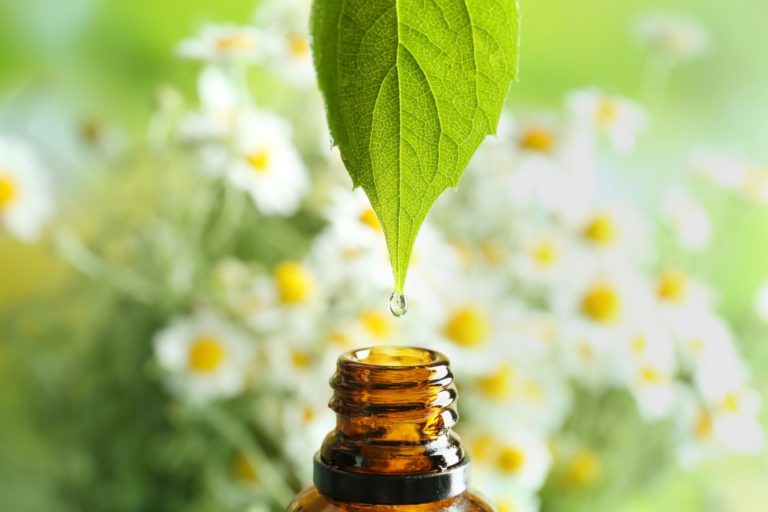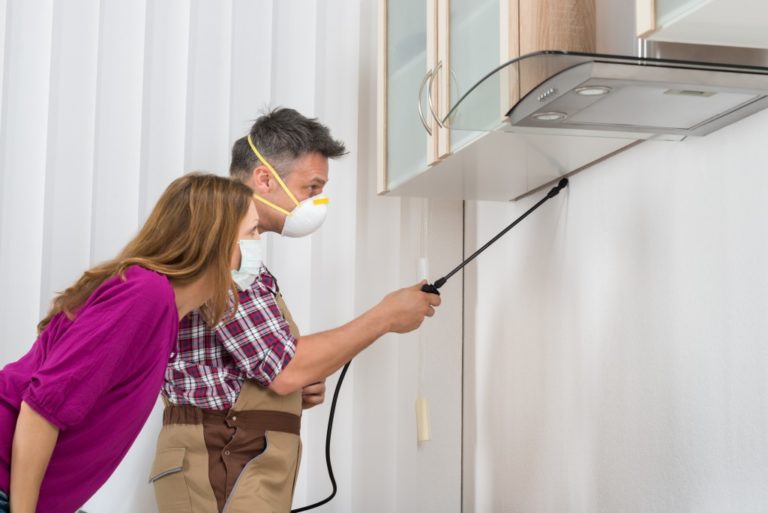The Environmental Protection Agency (EPA) has been consistent in warning us: indoor air is a killer. It contains more contaminants and pollutants than the air we breathe outside. If you think that you have gotten your sniffles from being out too long, you’re wrong. We spend 90% of our time indoors. If something ails us, it’s the air we breathe inside our homes and offices. It’s certainly isn’t that crisp morning air that washes over us when we go outside in the morning. It’s not that cold December air, either.
You can, of course, do something about the quality of indoor air in your home. You can hire a company that offers dryer vent cleaning in Draper or other cities. These cleaning services are not only going to purify the air inside your house; they will also clean the air and dryer vents. They will prevent hazards that cause about 2,900 residential fires every year in the United States.
Essential Oils
But here’s another thing that people are going crazy over: essential oils. With different brands and business models (most of them multi-level marketing) out there, you won’t be hard-pressed to find one that suits your lifestyle and budget. Yes, these essential oils (if they’re 100% pure) don’t come cheap. They are expensive because it takes a long time for these companies to produce them.
It’s not such a crime to spend on your and your family’s health, is it? That is if essential oils work.
Do They Work?
Essential oils are made of aromatic chemicals that purportedly have anti-microbial and anti-bacterial properties. Many believe in these oils’ ability to boost beauty routines, prevent respiratory illnesses, sharpen concentration, and complement meditation practices. Of course, they make a room smell good, but that’s only a bonus. And as incredulous as it may sound, many believe in essential oils so much that they turn to these oils for medicinal purposes—although please never do that.
How Effective Are They?

Yes, essential oils can be effective. Various studies have proven that three of the most popular oils—lavender, eucalyptus, and tea tree—can reduce the presence of airborne microbes in the first 30 to 60 minutes of diffusing the oils. This is why many essential oil companies would suggest never to diffuse the oils for more than 30 minutes.
The reason has something to do with volatile organic compounds (VOCs) being emitted into the air. While there is still not much evidence on how these VOCs can affect your health, it’s worth taking note of the study and stick to the suggested diffuse time.
Diffusing Essential Oils
If you want to try diffusing essential oils to purify indoor air, which is actually quite nice, you should choose the oils wisely. Citrus and woodsy scents are best to eliminate foul odors in the air. Peppermint, clove, and ylang-ylang are showing anti-bacterial properties, too. Peppermint, in particular, has been showing evidence that it can filter out environmental toxins.
You can also use essential oils in your household cleaning products. You can give your cleaning products a boost. Your bathroom will smell citrusy if you add lemon essential oil to your organic cleaning materials. So long as you use them the right way, why would you stray away from such an important and effective trend?



